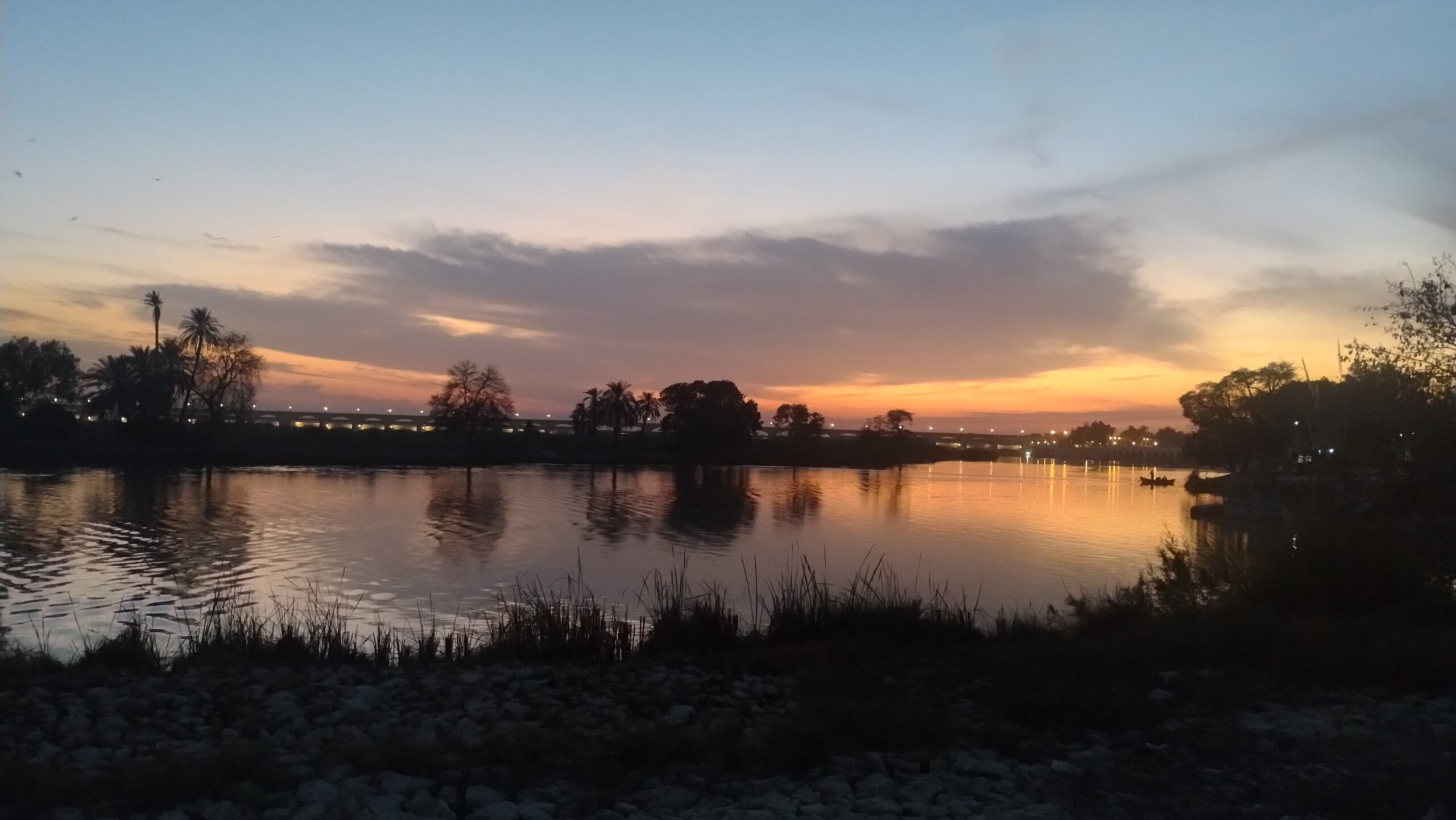Sunlight glints off the still waters of the Indus River at Lab-e-Mehran, Sukkur. A line of colorful wooden canoes, used by the local Muhana people (Fishermen tribe) , rests on the shore. These weathered vessels wait patiently, ready to whisk visitors away for a scenic ride on the mighty Indus.
Shahnawaz Chachar
